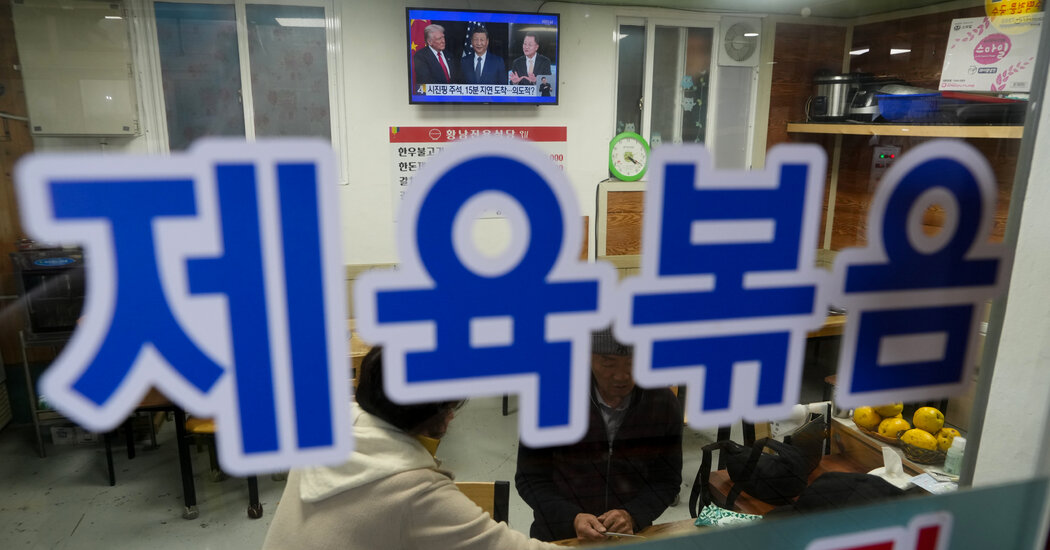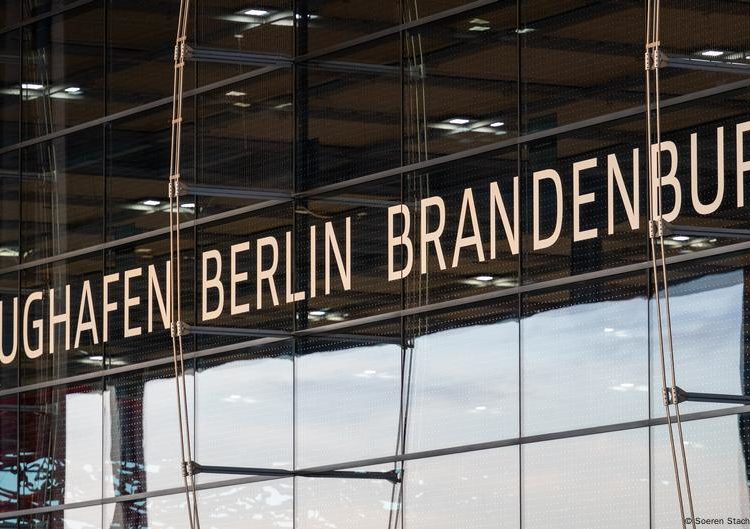China’s leader Xi Jinping, the de facto geopolitical heavyweight at an Asia-Pacific economic summit, on Friday courted countries for trade and investment, but also implicitly warned them not to join the United States in reducing the world’s reliance on Chinese supply chains.
President Trump’s departure from South Korea a day earlier meant that Mr. Xi was the sole superpower leader at the Asia-Pacific Economic Cooperation summit in the city of Gyeongju. At the opening of the meeting, Mr. Xi could be seen smiling and shaking hands with world leaders and economic and finance ministers who came up to greet him.
He seized his time in the spotlight to pitch China, the world’s second-largest economy and a manufacturing powerhouse, to a room that included the leaders of Japan, Canada, Australia and the host, South Korea. He invited Prime Minister Mark Carney, recently spurned by President Trump, to visit China and even met with Japan’s new leader, Sanae Takaichi, who had been a prominent critic of Beijing’s efforts to expand its influence in the region.
In a speech, Mr. Xi called for the strengthening of industrial supply chains, in a veiled criticism of attempts by the West to shift factories away from a dependence on China. He said that China would “adhere to the principle of ‘joining hands’ rather than ‘letting go,’ and ‘extending chains’ rather than ‘breaking chains.’”
In a separate speech to business leaders that was read out by a Chinese representative, Mr. Xi also took an indirect swipe at the United States, saying that APEC economies should “oppose protectionism, resist unilateral bullying, and prevent the world from returning to the law of the jungle.”
That appeal for solidarity, however, was somewhat undercut by China’s recent actions. Earlier this month, China proposed sweeping new export controls on rare earth minerals that would have given Beijing extraordinary power over other nations. China dominates about 90 percent of the world’s supply of the minerals, which are vital for the production of virtually all modern technologies like semiconductors, batteries and jets.
China had introduced those rare earth controls in response to U.S. trade measures, but the moves drew alarm in other countries.
“The recent rare earth controls are an exercise of geopolitical leverage in the context of the U.S.-China economic conflict which will have not gone unnoticed,” said Dylan Loh, an associate professor of public policy and global affairs at Nanyang Technological University in Singapore.
China only put them on hold on Thursday after Mr. Xi held talks with Mr. Trump, and the two leaders agreed on a trade truce.
Song Guoyou, an expert on U.S.-China economic relations at Fudan University in Shanghai, defended China’s rare earths export regime as a necessary response to U.S. tariffs on China and restrictions on American technology.
“These actions have destabilized the regional flow of trade and production,” Mr. Song said. “This is precisely why China is calling for joint efforts to maintain the stability and smooth operation of these chains.”
Mr. Xi’s remarks on supply chains, Mr. Song continued, were a way to urge governments not to follow in America’s footsteps in using tariffs, imposing export restrictions and making excessive appeals for national economic security.
“Was the stability of the rare earth supply chain a concern for most regional members before?” Mr. Song said. “Clearly not. So when did it become an issue? It arose after the United States continuously imposed trade suppression and export controls on China.”
Mr. Xi’s meeting with Mr. Trump on Thursday in Busan, a city roughly 50 miles south of Gyeongju, resulted in a reduction in some U.S. tariffs on Chinese goods, a suspension of port fees on Chinese ships and the delay of U.S. export controls that would have prevented more Chinese companies from acquiring American technology.
In return, China agreed to restart purchases of American soybeans and pause its new export controls on rare earths. The United States said China also agreed to do more to curb the flow of precursor chemicals used in making fentanyl.
Mr. Loh, the expert in Singapore, noted that Mr. Xi used the forum to promote “practical cooperation” in the region that would have included China.
Mr. Xi pointed to the Belt and Road, a Chinese global infrastructure project, and two trade agreements, the Regional Comprehensive Economic Partnership and the Comprehensive and Progressive Agreement for Trans-Pacific Partnership. Such pacts would help China counter U.S. efforts to cut Chinese companies out of trade.
Many regional countries find themselves caught between the demands of Washington and Beijing. Their best bet is often to improve ties with both sides in the hopes of extracting more benefits, analysts said.
In just the last week, Mr. Trump signed trade deals with Thailand, Cambodia, Vietnam and Malaysia, while China enhanced its trade pact with a Southeast Asian group of 11 countries.
“It’s a question of Southeast Asian countries doing what they always do: Make whatever accommodations are needed to ensure robust relations with both the United States and China,” said Stephen Olson, a former U.S. trade negotiator who is now a senior fellow at the ISEAS-Yusof Ishak Institute in Singapore.
David Pierson covers Chinese foreign policy and China’s economic and cultural engagement with the world. He has been a journalist for more than two decades.
The post Xi Delivers Veiled Warning to Nations Not to Take the U.S.’s Side appeared first on New York Times.




